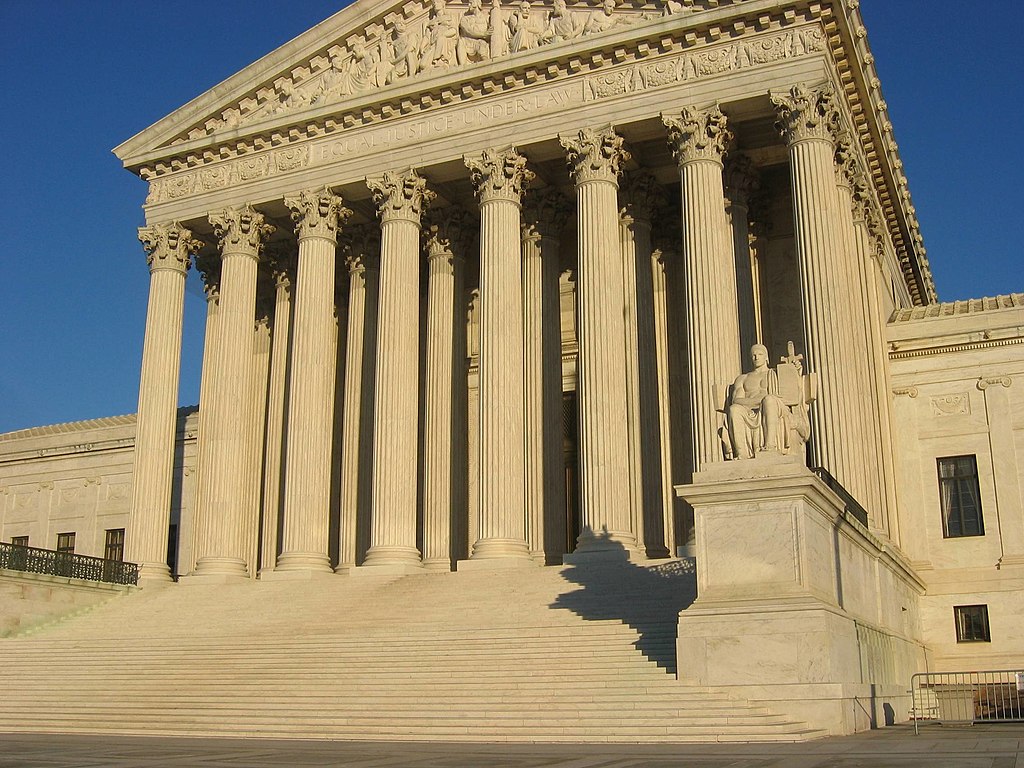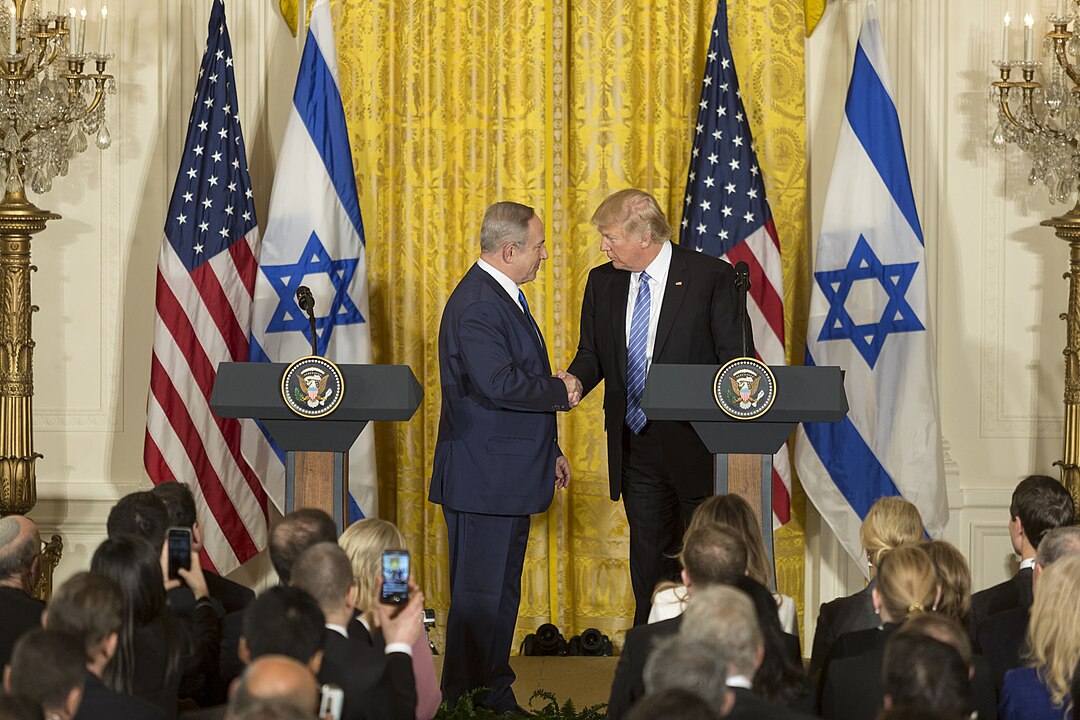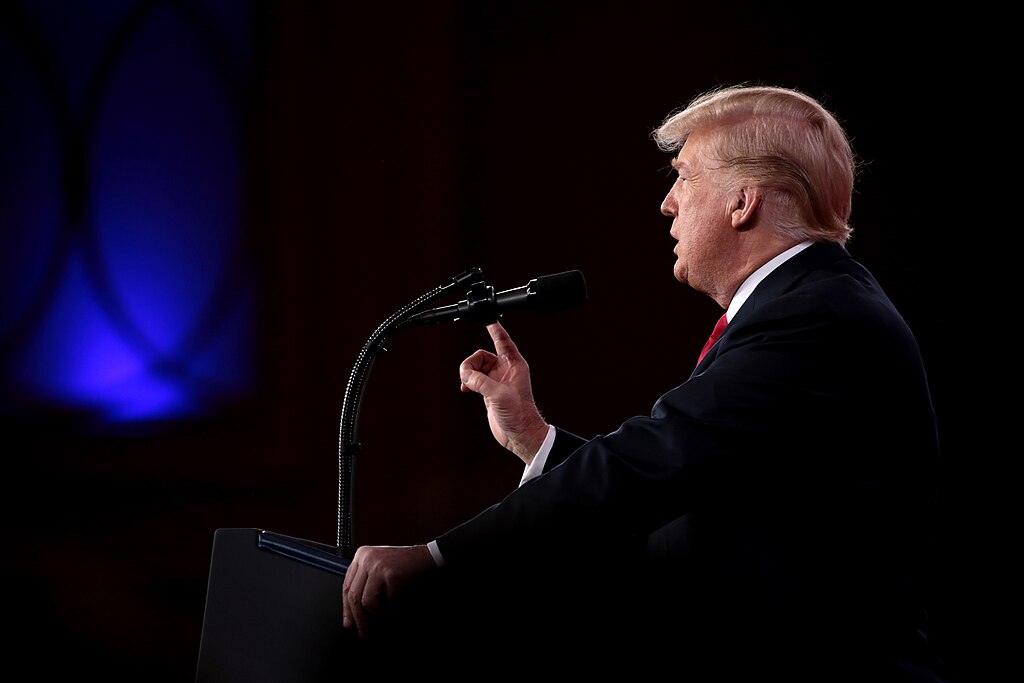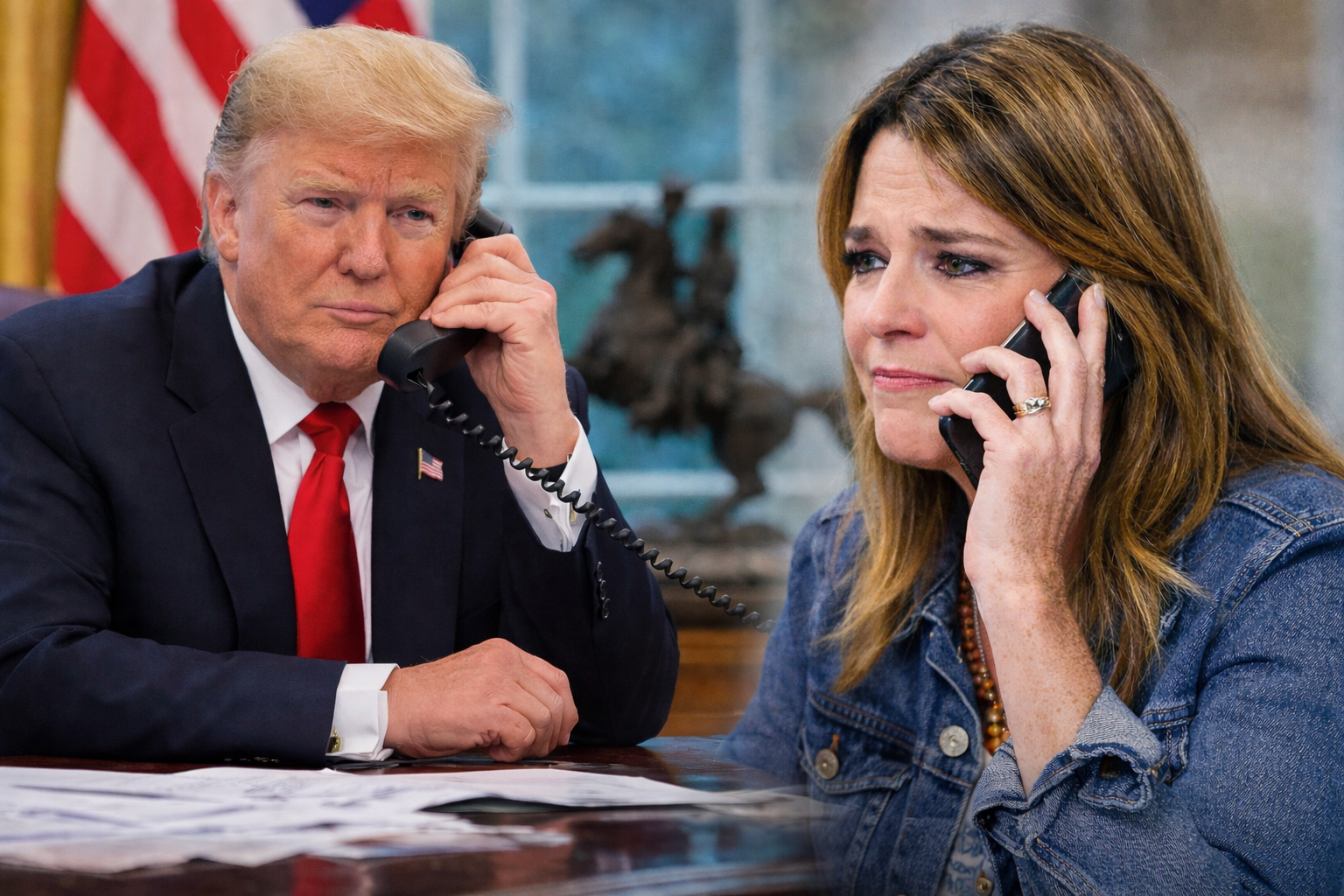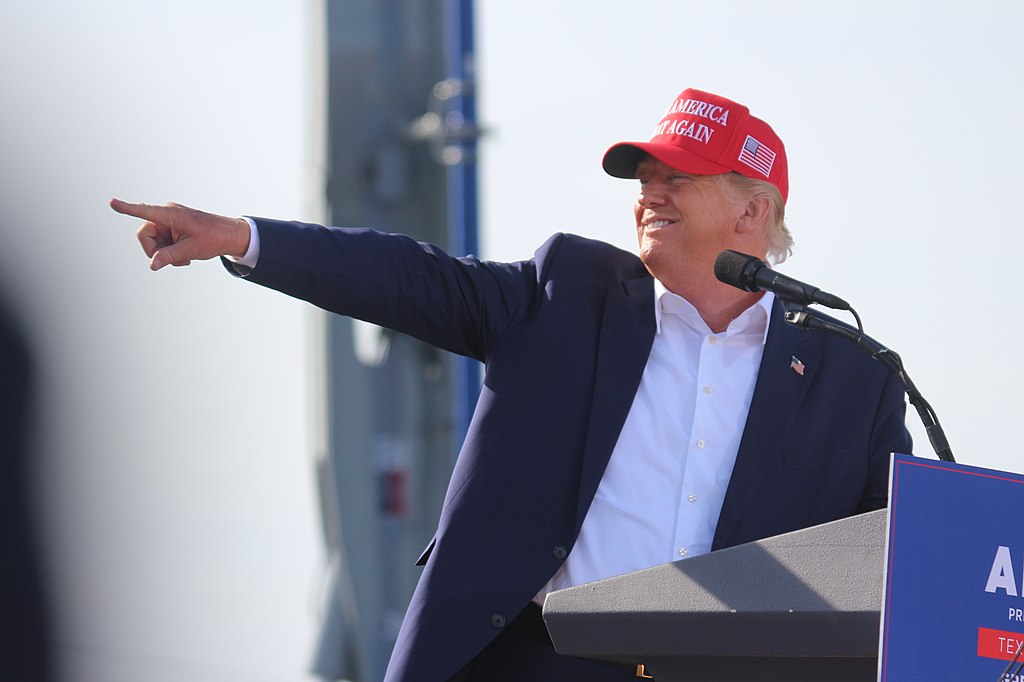The decision is in…
On Monday, the Supreme Court ruled 6-3 that a former president has absolute immunity for his core constitutional powers.
Former presidents are also entitled to at least a presumption of immunity for their official acts. There is no immunity, the court holds, for unofficial acts.
The case is the most high-profile of the court’s session, and it is being released on the final day before the Supreme Court justices go on summer recess. The case relates to Trump’s efforts to defend himself against a federal indictment for election interference.
Special Counsel Jack Smith’s indictment charged Trump with four felonies relating to his efforts to reverse President Biden’s 2020 victory. Trump’s legal team argues that the actions he took were all part of his official duties as president, and that presidents cannot be prosecuted for such acts.
The court directed trial judge Tanya Chutkan to determine which allegations in Trump’s indictment constitute official acts and must therefore be stricken from the case — and which do not.
“We conclude that under our constitutional structure of separated powers, the nature of Presidential power requires that a former President have some immunity from criminal prosecution for official acts during his tenure in office. At least with respect to the President’s exercise of his core constitutional powers, this immunity must be absolute. As for his remaining official actions, he is also entitled to immunity. At the current stage of proceedings in this case, however, we need not and do not decide whether that immunity must be absolute, or instead whether a presumptive immunity is sufficient,” Chief Justice John Roberts wrote.
Read the full decision here:
In nearly three hours of debate in April, the high court wrestled with this question: “Whether and if so to what extent does a former president enjoy presidential immunity from criminal prosecution for conduct alleged to involve official acts during his tenure in office?”
“We’re writing a rule for the ages,” Justice Neil Gorsuch said during oral arguments for the case in April, according to Fox News.
Two lower courts sided staunchly against Trump. If the Supreme Court does the same, it could allow Trump’s election interference trial to occur before the November election.
Take a look at some reactions to the Supreme Court’s ruling:
This is a breaking news story. Click refresh for the latest update.
Article Published With The Permission of Great America News Desk.
